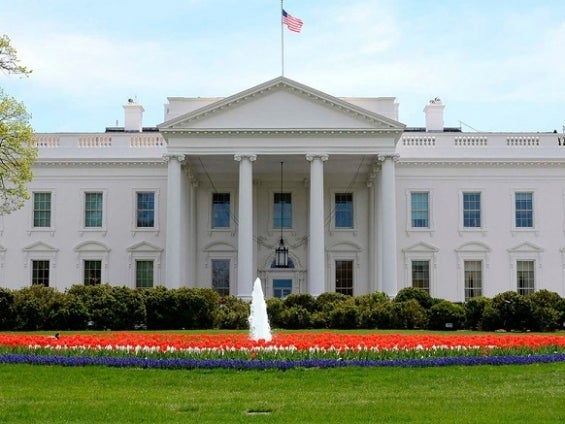News
New Proposals Will Create More Clean, Union Jobs

Expanding U.S. manufacturing has been a goal for elected officials across the political spectrum for years. But a new set of actions unveiled by the White House this week is focusing largely on 21st century technologies that will keep these good-paying jobs at home where they belong.
The Biden administration debuted changes Tuesday that will focus on stepping up the nation’s manufacturing efforts when it comes to clean manufacturing—including low-carbon production of the steel and aluminum the U.S. needs for electric vehicles, wind turbines and solar panels, and the clean concrete needed to upgrade transportation infrastructure.
“These actions will create more good-paying jobs and follow on a historic comeback for American factories, with 367,000 manufacturing jobs added during President Biden’s first year in office, the most in nearly 30 years,” the White House stated. “Further strengthening our industrial base will revitalize local economies, lower prices for consumers, provide more pathways to the middle class through union jobs, and boost American competitiveness in global markets.”
By helping manufacturers use clean energy, efficiency upgrades and other innovative technologies to reduce emissions, the Biden administration is supporting cleaner industry that can produce the next generation of products and materials for a net-zero economy. It also creates good-paying, union jobs across American manufacturing and use domestic procurement and global trade policy to reward clean, American-made materials.
In effort to “Buy Clean,” for example, the Department of Transportation (DOT) is announcing new efforts to support use of low-carbon materials in federal transportation projects. A new pilot program will target key products and services to incentivize acquisition of low-carbon materials. Additionally, DOT is starting a working group to assess and implement actions to reduce lifecycle emissions of construction materials used in transportation infrastructure.
The White House is also using trade policy to reward clean manufacturing, as the U.S. and European Union will team up to restrict access to their markets for dirty steel and limit access to countries that dump steel in both markets, contributing to worldwide over-supply.
These are just the latest examples of the moves made by President Biden during his first 13 months in office that will pay off for U.S. workers, helping them to get secure, good-paying jobs that allow them to support their families. Voters need to keep this in mind when they head to the ballot box in November.